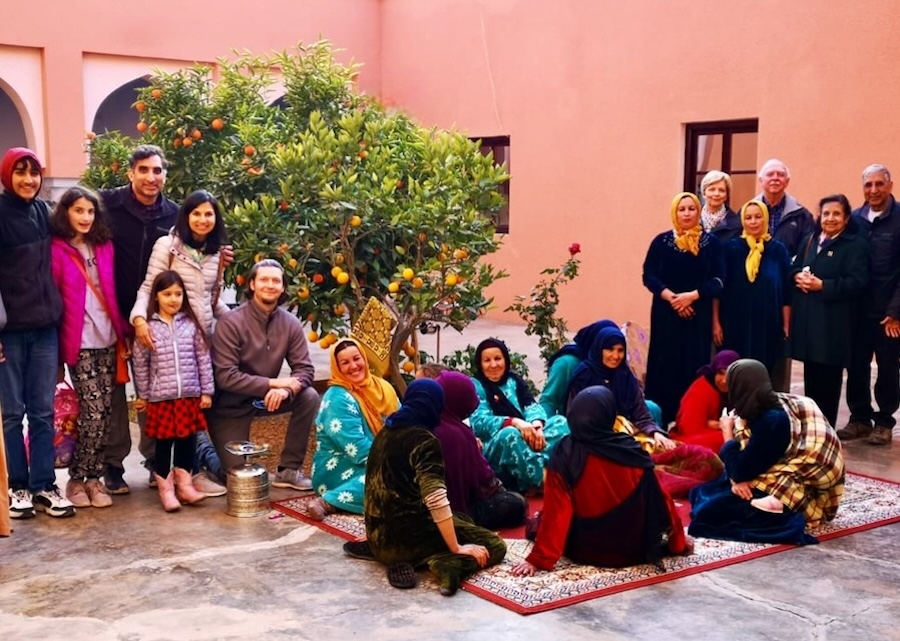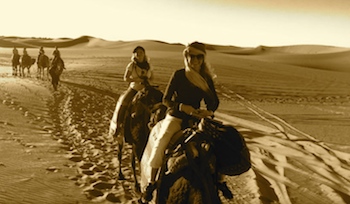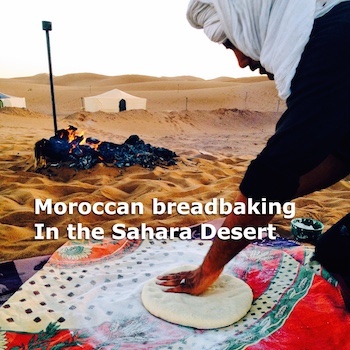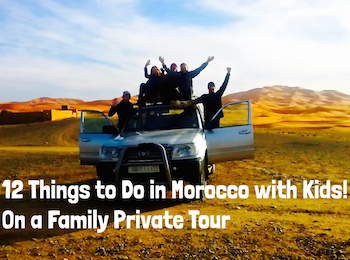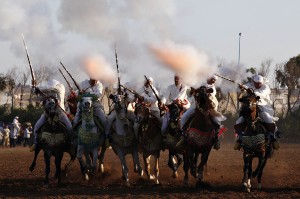Posts Tagged ‘Family tours Morocco’
Morocco offers a transformative multigenerational travel experience, weaving family bonds through cultural immersion and shared discoveries. From culinary adventures in cave homes to desert explorations, families engage deeply with local heritage, fostering connections across generations. This unique blend of tradition and modernity creates lasting memories, redefining family dynamics amid Morocco’s enchanting landscapes.
Morocco is one of the leading holiday destinations for families who want to tour a country that offers a wide range of adventure activities. The country’s unique combination of urban cities, historic medinas, rural landscapes, mountain villages, a grand Sahara desert and sandy…
“The children of him who has wheat in his house should not beg of his neighbor.” “Manage with bread and salted butter until God brings something to eat with it.” “There is no hunger but the hunger of…
Morocco is a family friendly country and the perfect choice for travelers with kids. Whether you are planning Morocco vacation as a younger family or traveling with older children Morocco has a wealth of adventure activities and things to do with…
During the year, the small town of Tissa,on the edge of the Rif region, in the province of Taounate, is a quiet rural community, tucked away in the hills of the Moroccan countryside, fifty kilometers away from Fez. From 8-13 October 2013, the town will be transformed, as it is…

